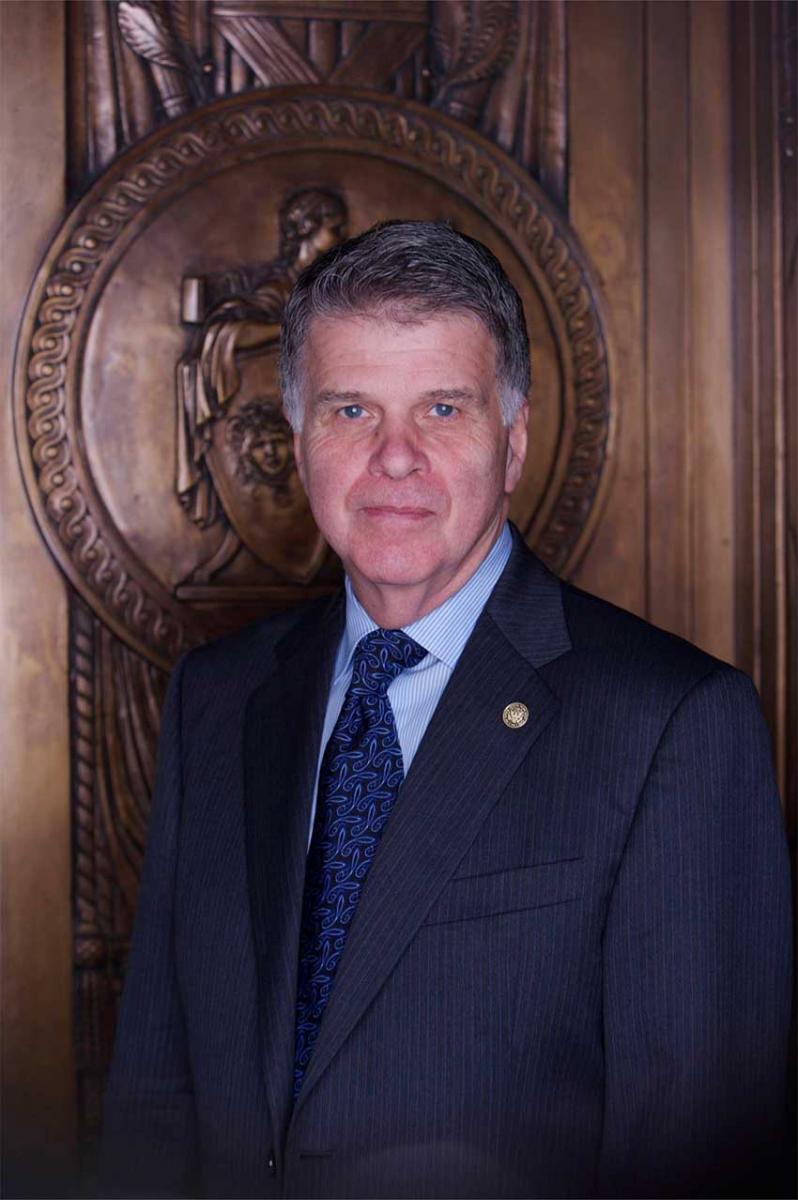
Archivist's welcome remarks and introduction of President Jimmy Carter At the Civil Rights Summit celebrating the 50th anniversary of the Civil Rights Act of 1964
Rotunda, National Archives Building June 18, 2014
Good morning Mrs. Obama, Secretary Johnson, Director Scialabba, candidates, friends and family, and honored guests.
Welcome to the Rotunda of the National Archives and thank you for taking part in this special ceremony.
The National Archives is proud to host this naturalization ceremony with the First Lady, The Department of Homeland Security, and the United States Citizenship and Immigration Service.
Watching this ceremony brings back memories of my family.
I am the grandson of Italian immigrants and great-grandson of Irish immigrants. Using passenger lists here at the National Archives, I discovered that my grandfather, at age 15, arrived in Boston from Naples aboard the ship Commonwealth on March 22, 1903.
My grandmother, Antonia Giorgio, also from Naples, arrived on March 8, 1909, aboard the Romantic.
Many Americans have stories like mine, and you have your own to share with your family.
You are in a much-hallowed setting. The Rotunda is where we keep the nation's founding documents––the Declaration of Independence, the Constitution, and the Bill of Rights.
They are on display for everyone to see for themselves the documents that created our nation and established how we govern ourselves.
The Bill of Rights contains the first 10 Amendments to the Constitution. These amendments spell out the basic personal rights and freedoms that are guaranteed to every American. As new citizens, the freedom of speech, religion, and the press; the right to petition the government; the right to bear arms; and the right to due process of law and a speedy and fair trial are now your rights too! You will use them every single day.
Here at the National Archives we have over 12 billion records. Becoming American citizens makes you part of the National Archives too. Eventually your naturalization records will become part of our holdings. In our research rooms across the country, people comb through these records to piece together details of their own family histories. Some day your descendants will search our records to discover your history.
Now, please rise and remain standing during the performance of the National Anthem, as performed by Linda George.
 The Archivist of the United States is the head of our agency, appointed by the President of the United States.
The Archivist of the United States is the head of our agency, appointed by the President of the United States.